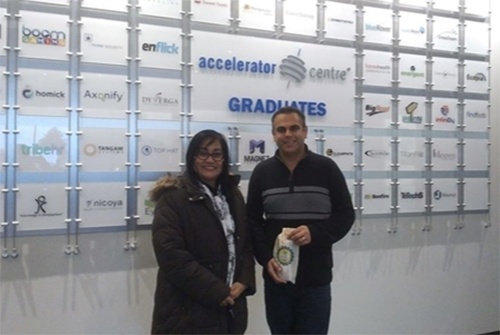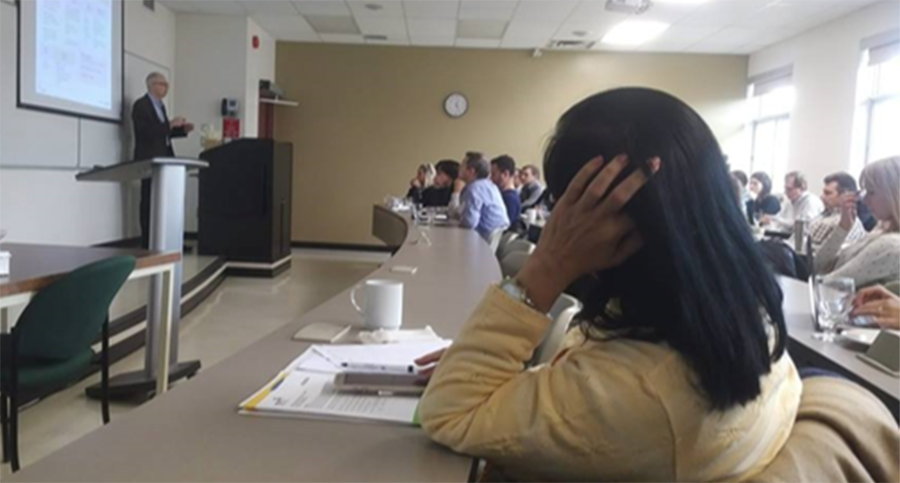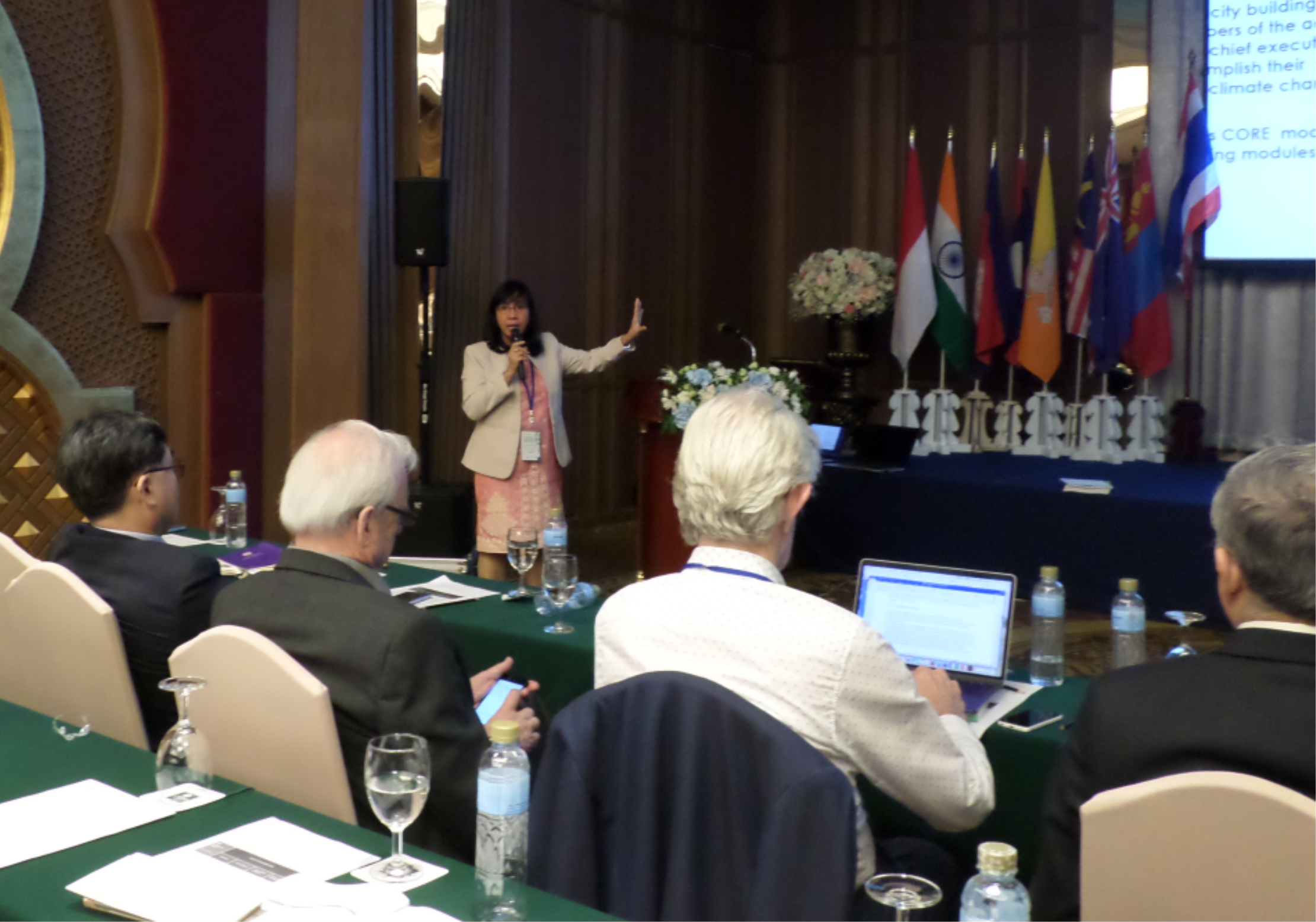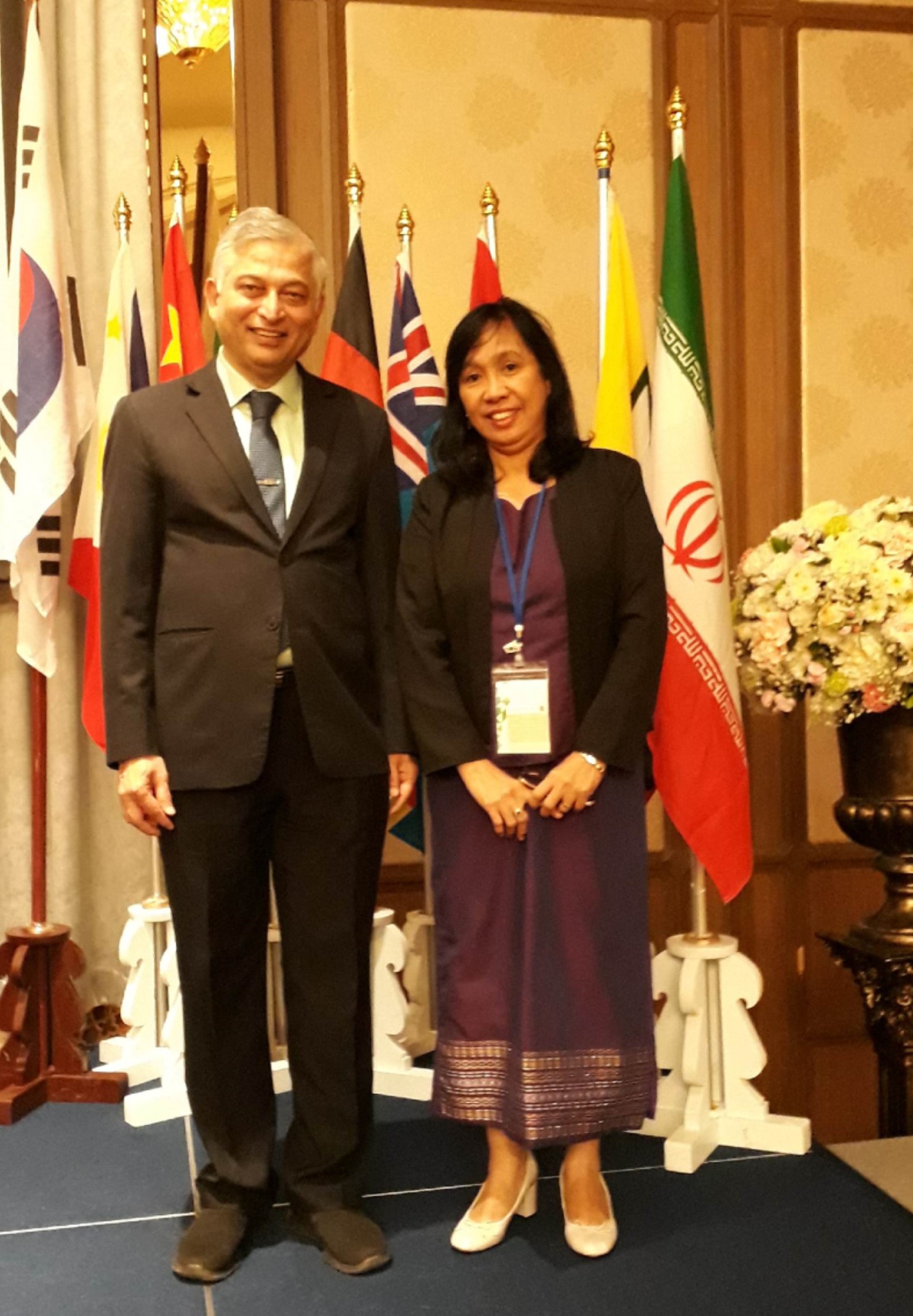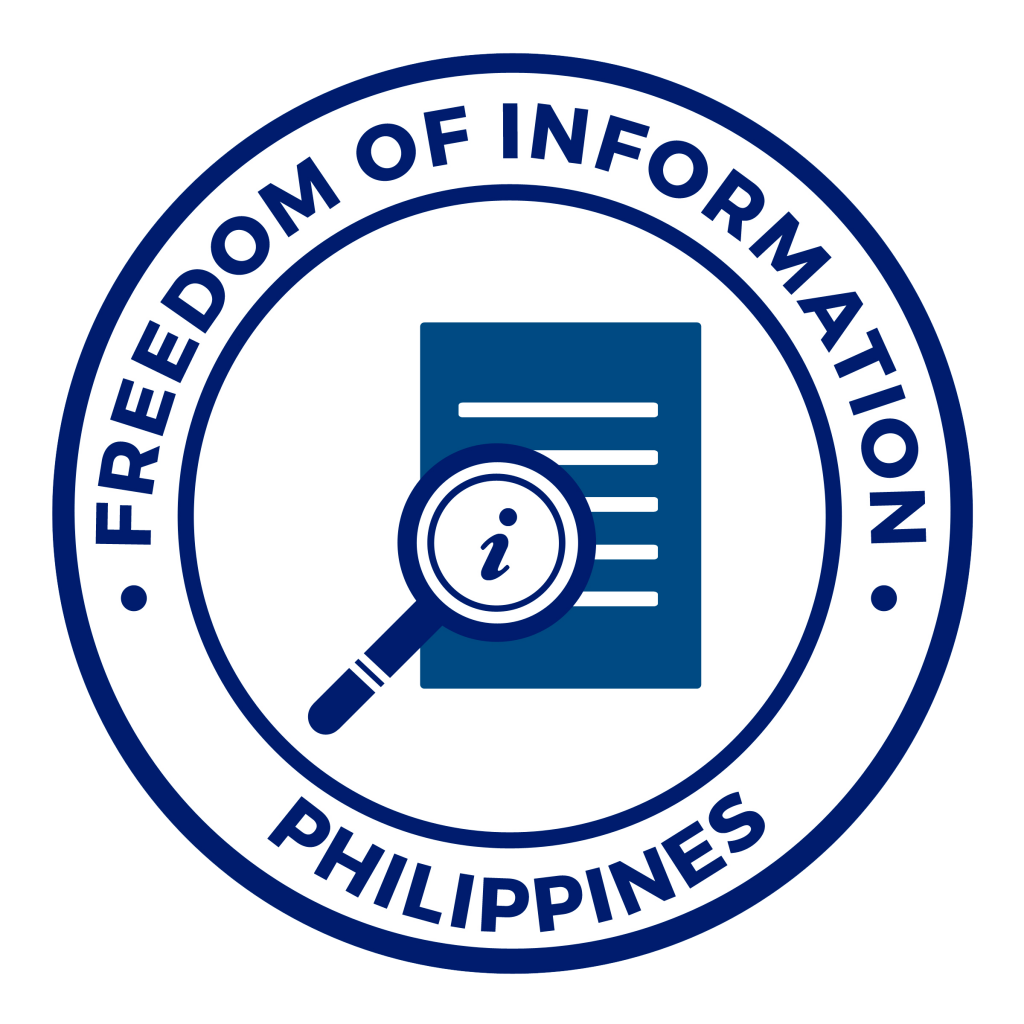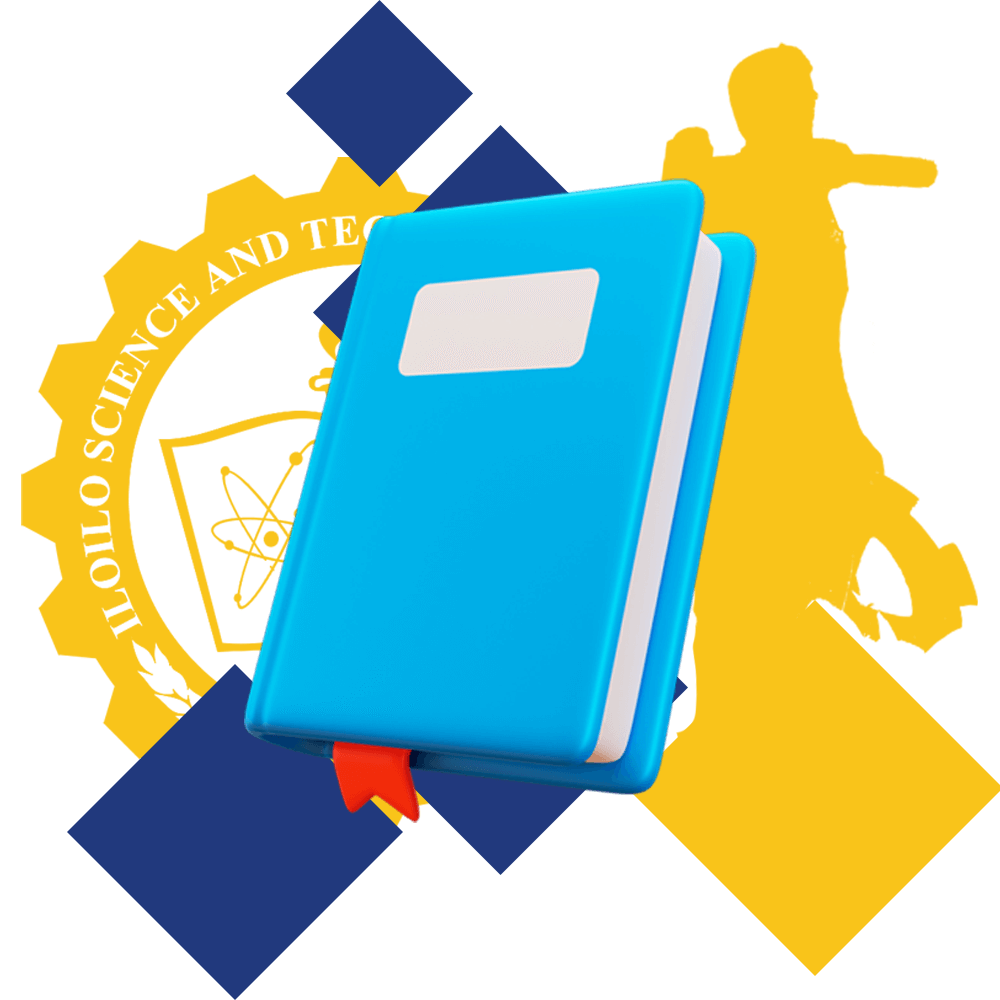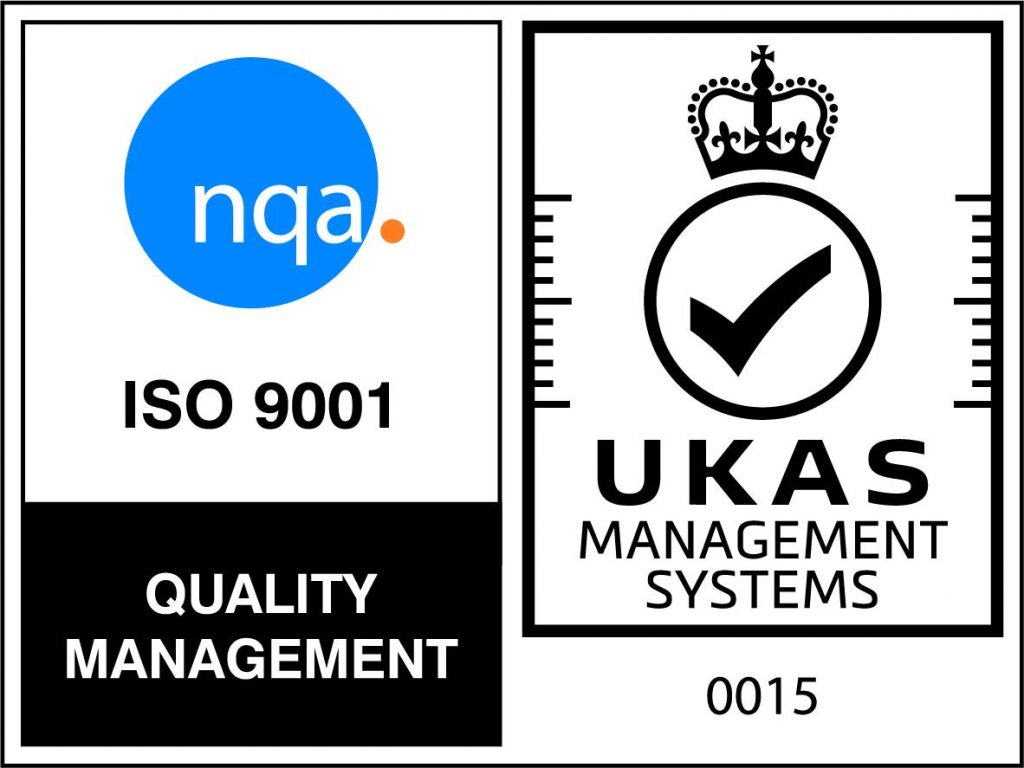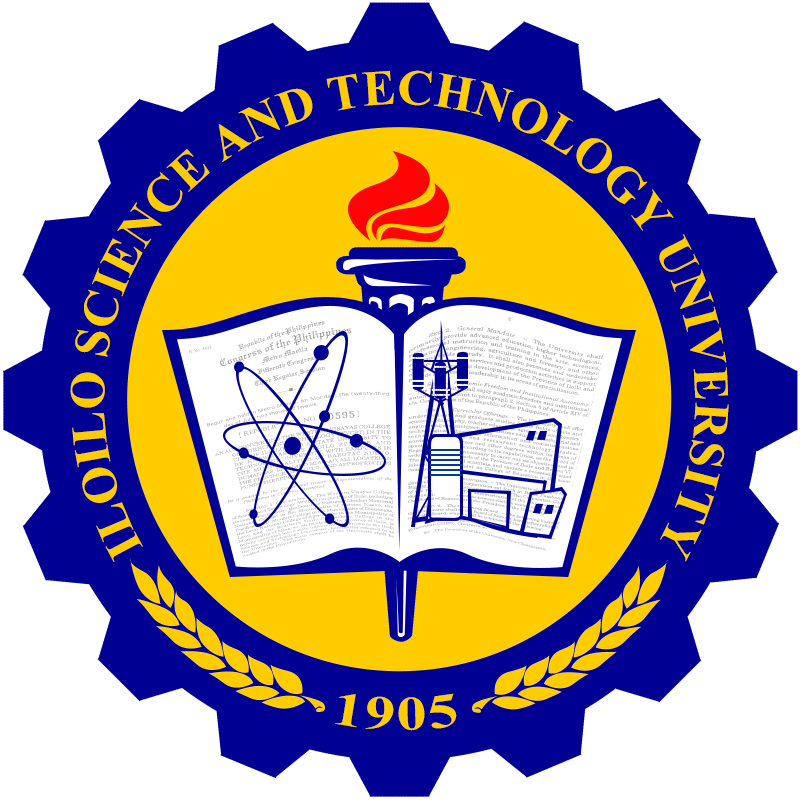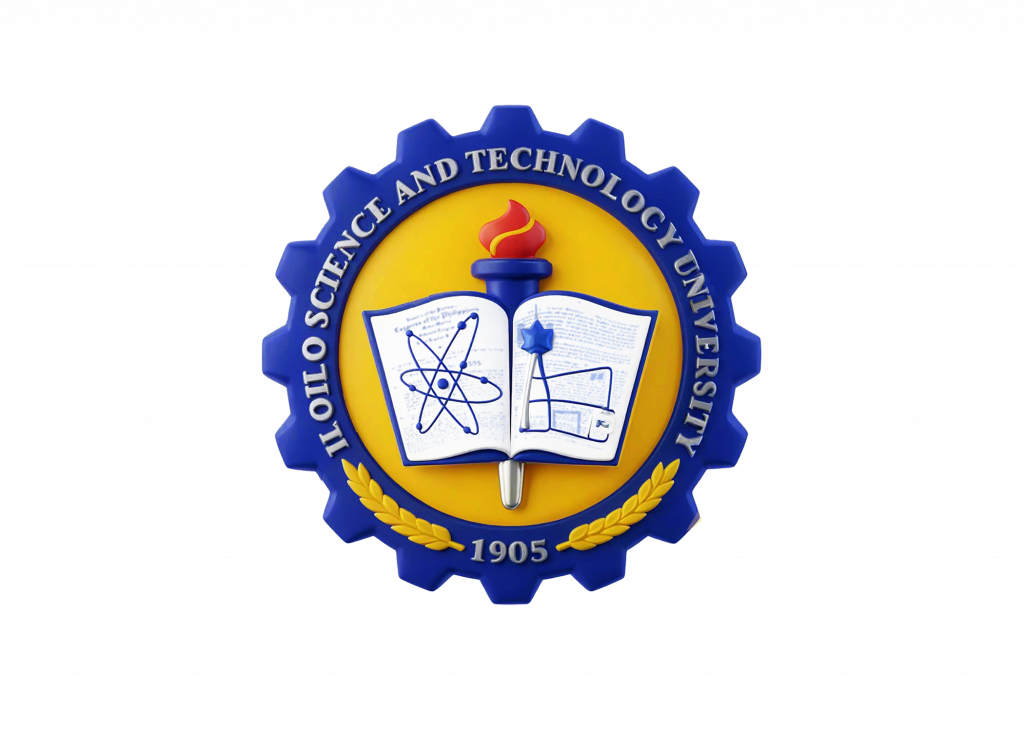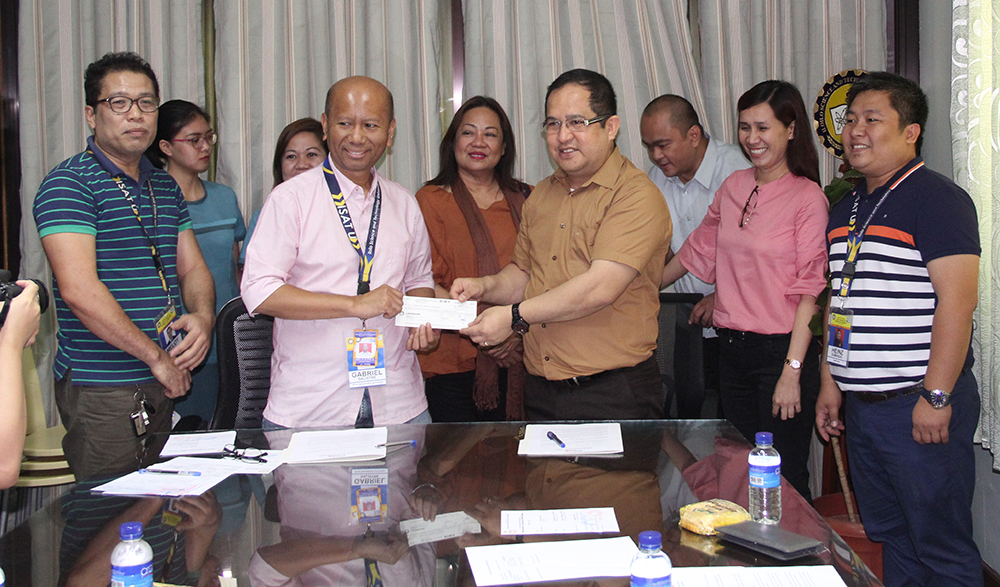
After the signing of the MOA, the check to be used for the project amounting to Php 195, 195. 00 was turned over by Atty. Anthony C. Nuyda (center) to Dr. Gabriel M. Salistre, Jr. , VPAF. Also in photo are Dr. Carmelo V. Ambut, VPRE; Ms. Teodora P. Sumagaysay, Provincial Director, DILG-Iloilo; Mr. Heinz Gumaguil, PIO-ISAT U and DILG personnel.
A Memorandum of Agreement to conduct the 2018 Citizen Satisfaction Index System (CSIS) was entered into by ISAT U and the Department of the Interior and Local Government (DILG) on March 7, 2018 at the Conference Room of the office of the University President.
As DILG’s feedback tool, CSIS is a set of data tools designed to collect and generate relevant citizens’ feedback on local government’s service delivery performance and on the citizens’ general satisfaction. According to Atty. Anthony C. Nuyda, Regional Director, DILG RO6, CSIS is used to check from the people if the local government unit delivers its services and it promotes transparency as well.
Pursuant to Memorandum Circular 2018-164, the DILG will conduct the CSIS to 35 municipalities nationwide for year 2018. Four municipalities were chosen in Region VI, one each for the Provinces of Iloilo, Aklan, Capiz and Antique.
Under the agreement, Iloilo Science and Technology University through the Research and Extension Services will conduct the survey, present result and make recommendations for the improvement of services of the local government unit subject to CSIS in Iloilo Province, in this case the Municipality of Dumangas.
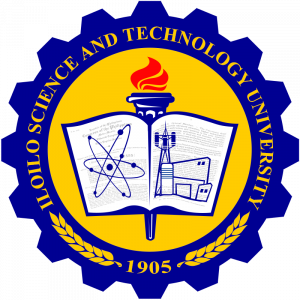

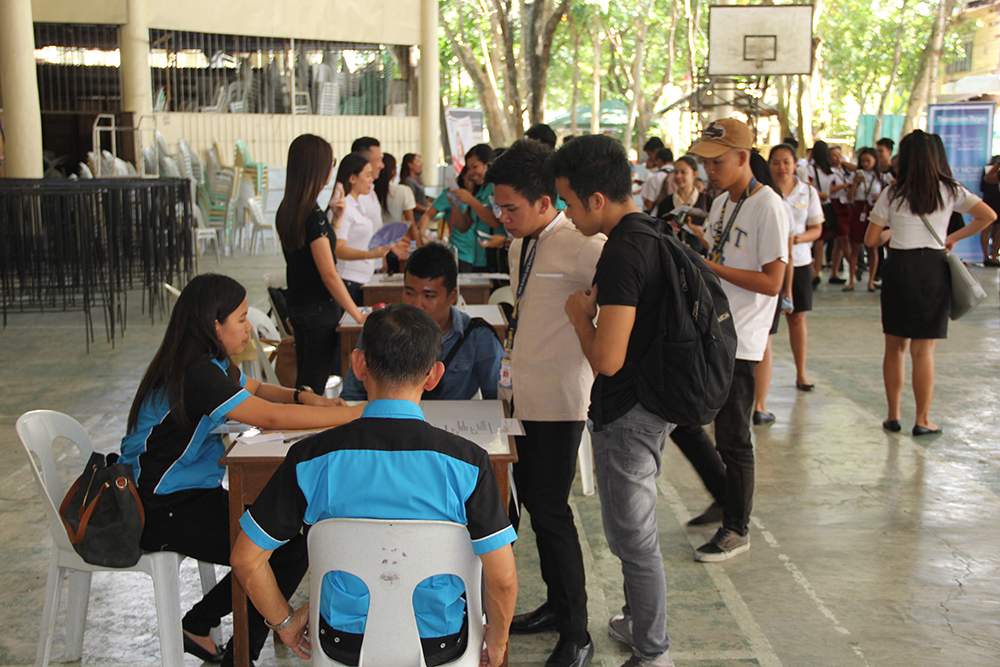
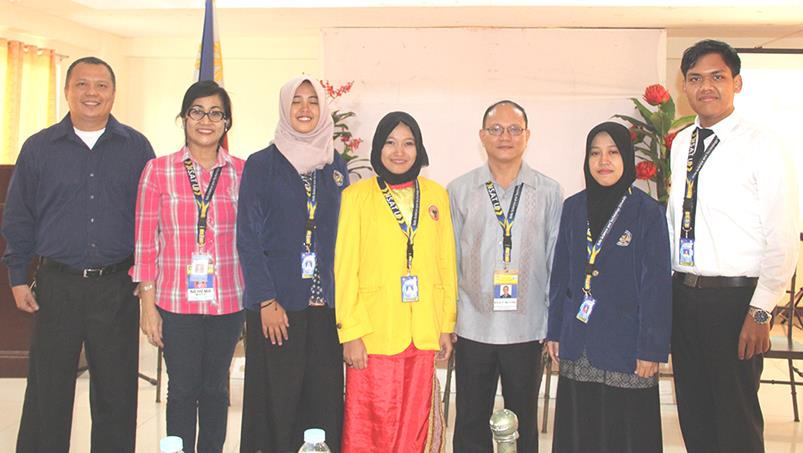
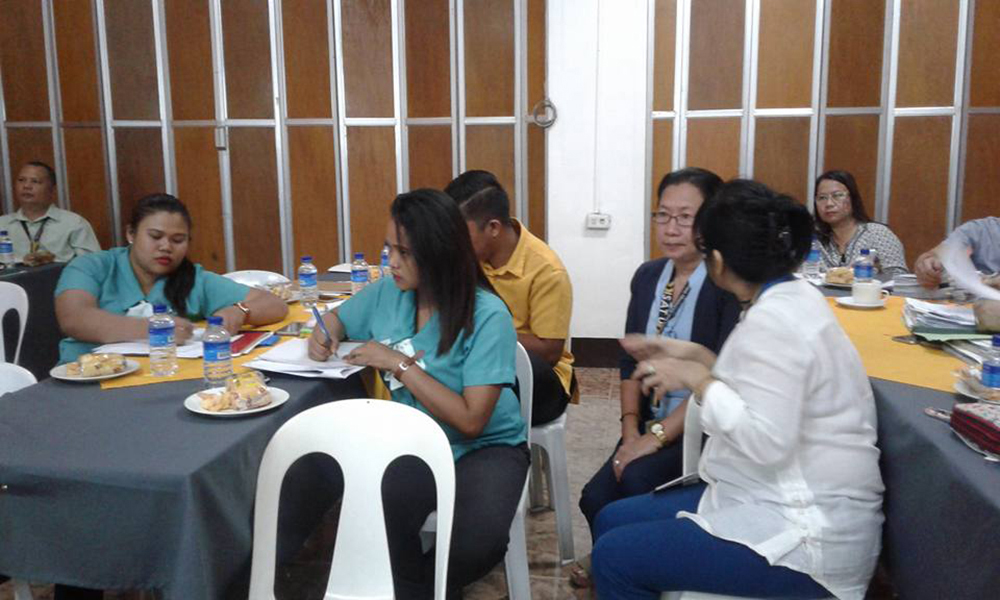
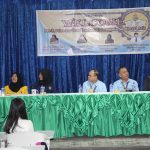
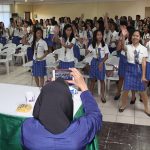
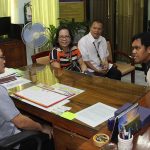
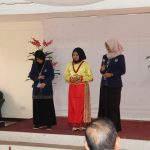
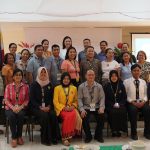
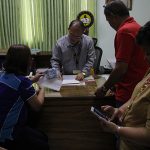



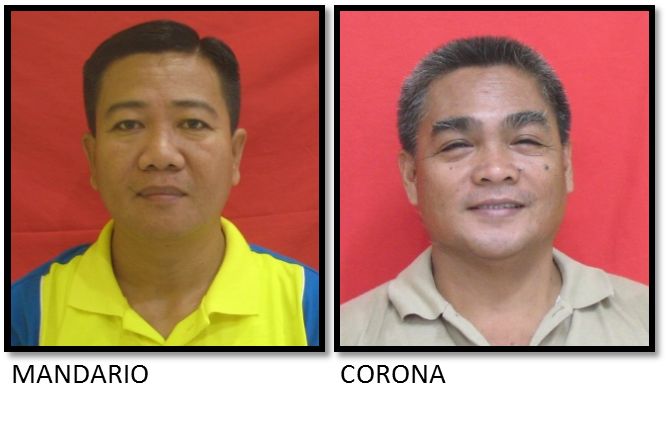 Dr. Noli R. Mandario, ROTC Commandant and Prof. John S. Corona, SAVER Rescue Group Commander, both safety officers of the College of Education, attended the 1st National Conference on Risk Management at the Convention Hall, Pangasinan State University on December 13-15, 2017.
Dr. Noli R. Mandario, ROTC Commandant and Prof. John S. Corona, SAVER Rescue Group Commander, both safety officers of the College of Education, attended the 1st National Conference on Risk Management at the Convention Hall, Pangasinan State University on December 13-15, 2017.
